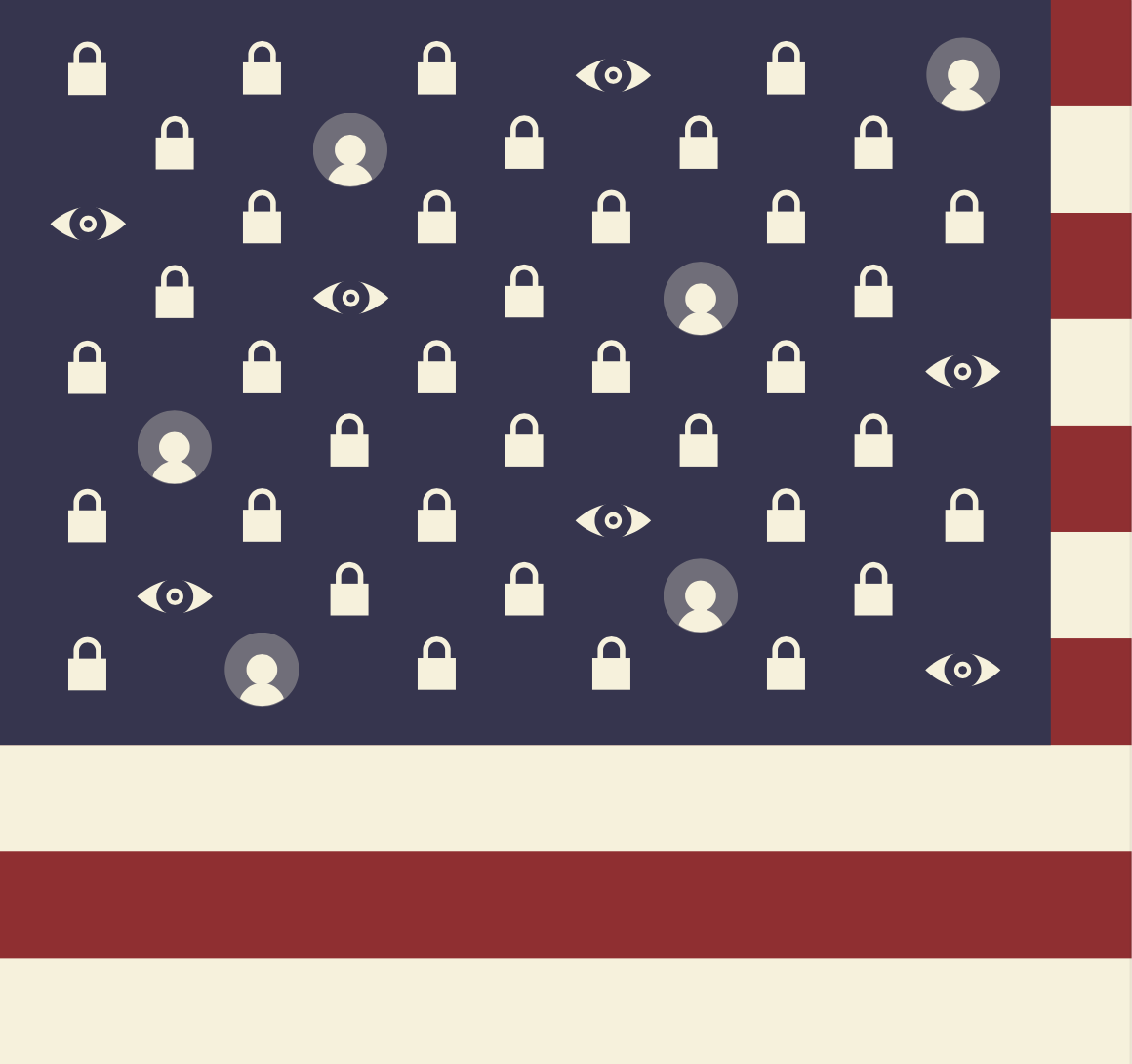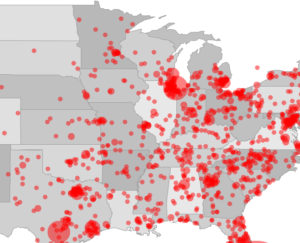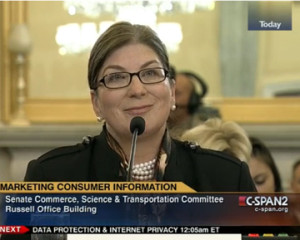Consumer Alert: Monster.com announces another big data breach
Monster.com | Consumer Alert | Job search privacy — According to the job site Monster.com, its users’ IDs and passwords, email addresses, names, phone numbers, and some “basic demographic data” were compromised in a data breach. Monster notified victims of the security breach through its web site on Friday, January 23, 2009. It is unclear how many people this notice impacts, as Monster.com did not give an estimate. In press reports, however, Monster has admitted that the breach is global, with Asia Pacific and Eastern Europe being spared. Job seekers’ information can be used like a road map for criminal ventures, including identity theft, phishing and spamming. User passwords, which Monster.com says were compromised in this breach, are especially valuable as they can potentially be used to access other sites or email accounts, especially if a person regularly uses the same passwords. The World Privacy Forum has published a consumer alert about this data breach with tips for victims. This data breach also impacts USAjobs.com, the government job search site affiliated wiith Monster.com.





